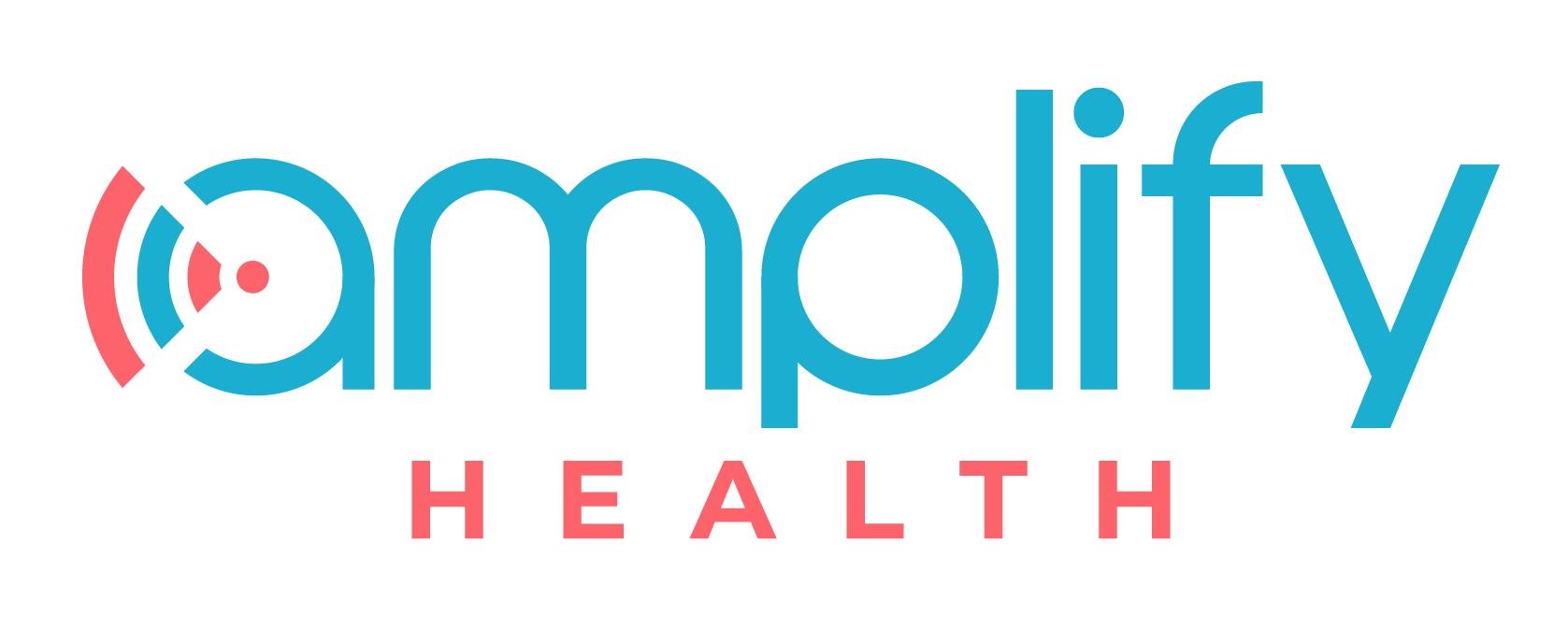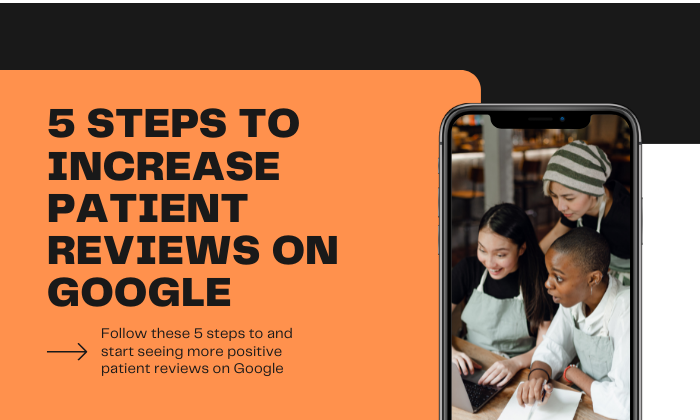
One of the single largest drivers of your success online is the volume and recency of positive online reviews. It should get your attention when 88% of consumers say they trust online reviews as much as personal recommendations. Just think, when was the last time you didn’t read the reviews about a business before visiting for the first time? Reviews impact the success of a practice more than many providers realize. When 97% of consumers say reviews influence their buying decision, review management has to be a top priority for every practice owner.
Reviews not only impact buying decisions, but they also have a major impact on where your practice appears in the local search rankings. Google’s own support page states “Google review count and review score factor into local search ranking. More reviews and positive ratings can improve your business' local ranking.”
Darren Shaw from Whitespark creates an annual study on local search ranking factors. The study is a survey of several of the leading local search experts in the industry. The latest study published in 2020 shows that reviews account for 16% of local search rankings.
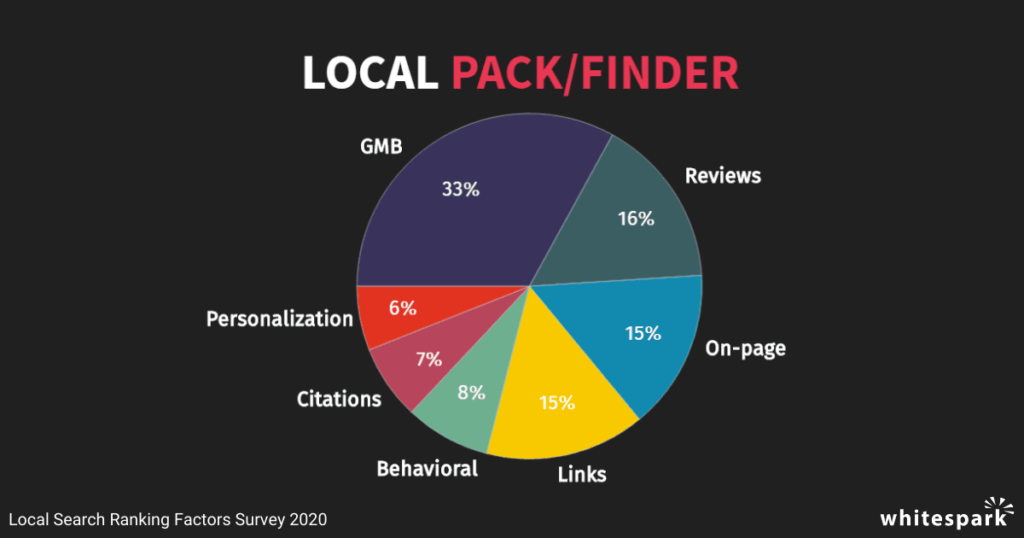
Consistently increasing the number of reviews on Google and other platforms requires a systematic approach. It starts with having the processes and methods in place to measure patient satisfaction.
1. Find the right timing to ask for feedback
Depending upon the type of practice it may make sense to send a patient satisfaction survey after each visit or after a set number of visits. In our practice, we start with an initial evaluation that usually leads to several weeks of rehabilitation treatment. We could ask for a review after the first visit, however a patient will not experience any real progress until several weeks into treatment. For our practice we found the sweet spot to be after 3 to 4 visits. The key is to have a process in place where you are consistently asking for reviews on a regular basis.
2. Track Patient Satisfaction
We ask our patients to rate how likely they would be to recommend our practice to a friend on a scale of 1 - 10. If a patient rates us below a 7 we would not ask the patient for a review, but rather follow up via phone or email to learn more about why they did not have an overly positive experience.
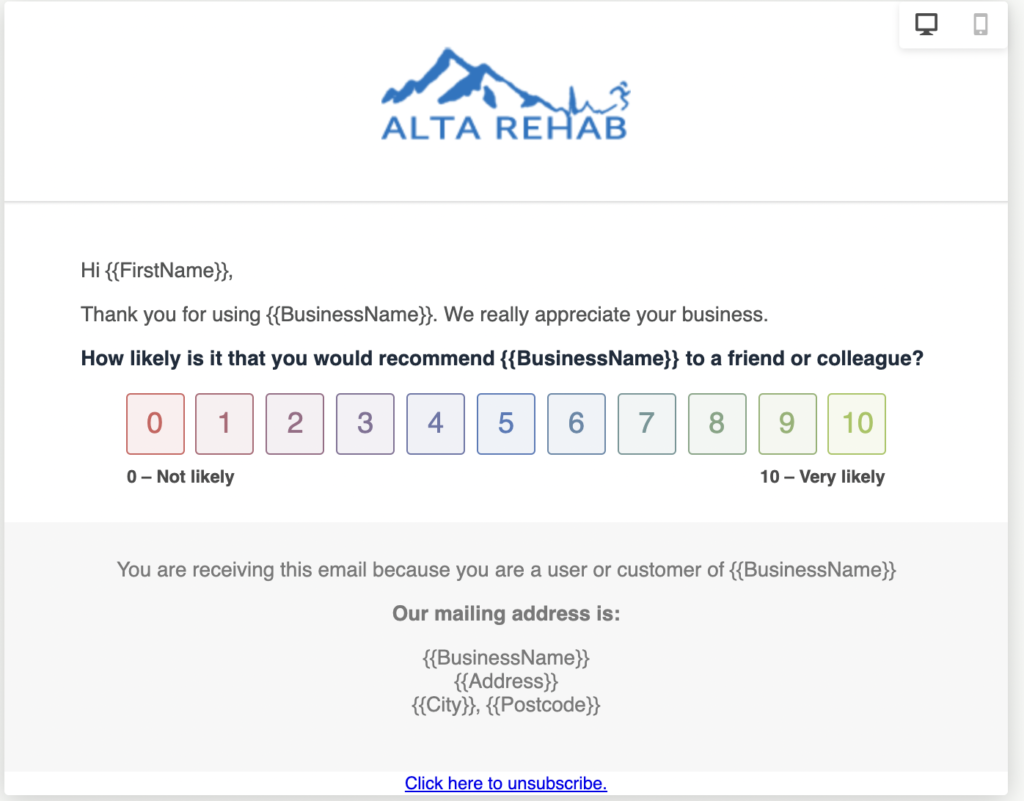
By measuring patient satisfaction in this way we are also able to establish a Net Promoter Score (NPS) that we can track on a monthly basis by office and by therapist. The Net Promoter Score was created in the early 90s and has become a widely adopted standard for measuring a Customers likelihood to give a positive referral.
- Detractors are customers who gave a score of 0 to 6, indicating a dissatisfaction with a Company. They are more likely to discourage friends or colleagues from using a product or service
- Passives are customers who gave a score of either 7 or 8, indicating that they are not likely to actively recommend your company to others.
- Promoters are customers who gave a score of 9 or 10, and they are likely to actively recommend your company to others.
We also use an automated email template that routes anyone who gives a score below a 7 to a form that sends an email to our office. Anyone who rates a 7 or above is directed the review page on our Google MyBusiness Listing.
3. Send automated communications and follow-ups
Once a patient reaches our visit threshold for sending feedback they receive an automated template email asking them to provide a rating and review. The email is automatically personalized to include the patient’s name.
If the patient does not provide a rating or review on the first email we will then send up to two follow up emails to increase the chances of them leaving a review. In addition to email we also send a text message follow up 72 hours after the initial email if the patient did not click through to a review.

Sending follow ups through multiple communication methods greatly increases the percentage of patients who end up leaving a review on Google.
4. Respond to positive and negative reviews
While Google has not confirmed that responding to reviews impacts your local search rankings, they explicitly recommend it on their support page. “Respond to reviews that users leave about your business. When you reply to reviews, it shows that you value your customers and their feedback. High-quality, positive reviews from your customers can improve your business visibility and increase the likelihood that a shopper will visit your location.”
In 2018, TripAdvisor conducted a study on local hotels and found those hotels that responded to reviews saw a 12% increase in the number of reviews and a rating increase of .12 stars.
Responding to a negative review can be difficult and awkward, but it is important to respond. Our healthcare marketing guide has sample responses you can use when responding to both positive and negative online reviews.
5. Leverage an online review management system
An online review management system will have the capability to create and send automated feedback requests and follow ups via text and email, as well as have the tracking in place to see your progress.
Amplify Health’s platform will give you the ability to automatically send requests for feedback and then track how they are performing. You can see where certain patients are in the feedback funnel.
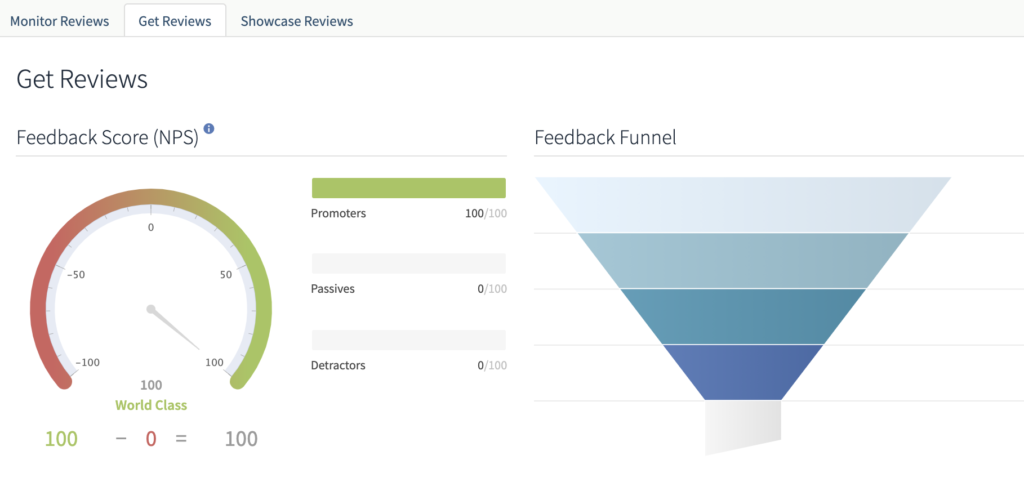
You will also want to monitor and track reviews in Google and across multiple platforms. It is important to consider both the volume and recency of collected reviews. Amplify’s dashboard has the ability to filter by various time periods and sources.
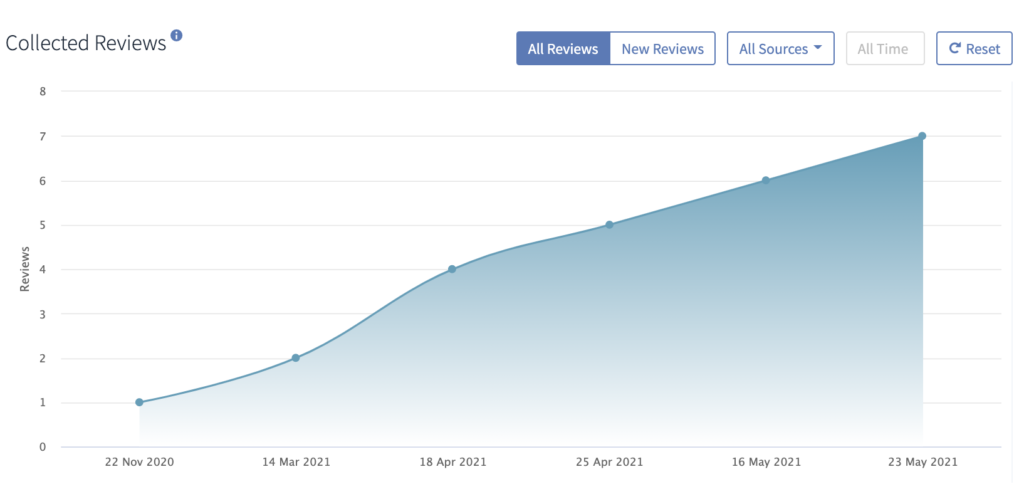
Conclusion
Building and maintaining an online review program is a great way for practices to improve their local search rankings and brand perception. Amplify Health has been helping practices with managing and monitoring online reviews through an intuitive and easy-to-use dashboard. Click here to schedule a free demo.
